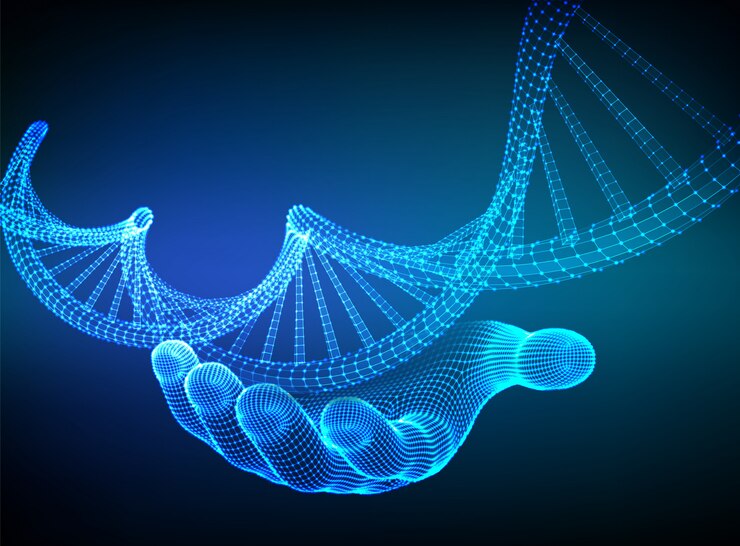Hodigen Services



Hereditary Cancer Panel
- Indication for testing:
- Healthcare providers request genetic tests (DNA tests) to confirm if someone has a familial predisposition to cancer (hereditary). About 5% to 12% of all cancers are caused by genetic mutations. If someone has an inherited cancer, healthcare providers may suggest family members have the same tests to see if they have the same genetic mutations.
- Hereditary mutations can cause a wide variety of cancers. Common forms of these cancers include breast cancer, ovarian, colon, uterine, pancreatic, prostate, stomach, thyroid, and kidney cancers. Not all cancers are hereditary. For example, cervical cancer isn’t hereditary.
The benefits of genetic testing
Knowing your genetic makeup can help your doctor determine the best next steps for you.
Treatment
Results may direct your doctor to therapies that may be more likely to work for you, including specific types of surgeries, chemotherapies, or targeted treatments.
In some cases, they can also qualify you for clinical trials.
Future Health
Results may suggest how likely it is that you’ll develop another cancer in the future, so you can be proactive and consider with your doctor risk-reducing surgery, medicines that can prevent cancer from developing (“chemoprevention”), or increased screenings going forward.
Family members
Discovering that you have a genetic mutation means that your family members may also be at risk.
They can get tested too and, if they also have the genetic change, can get more frequent cancer screenings so they can act early, when treatment is most effective.

